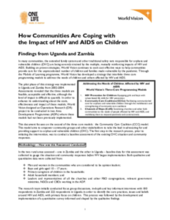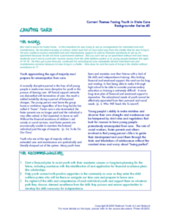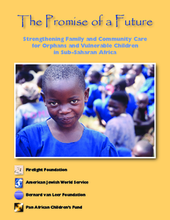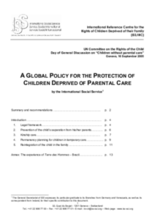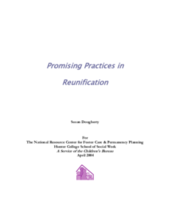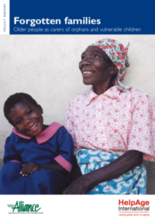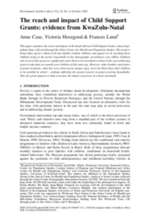Displaying 561 - 570 of 579
Assessment of pilot programs employing World Vision Community Care Coalition model in Uganda and Zambia.
This one-page document identifies some difficulties that youth face in leaving institutional care. Offers recommendations to assist financial, emotional, and educational preparation for emancipation.
A brief document advocating for the strengthening and support of community based responses to children and families affected by HIV/AIDS in Africa.
This paper presents a set of global policy guidelines for the protection of children without parental care. It recommends the need for a global understanding of best practices within the legal framework of the UN Committee on the Rights of the Child.
A list of US programs and program approaches that influence family reunification outcomes. Relevant for social workers, policy-makers, and others involved in foster care, after care, and family reunification.
A brief fact sheet on the multilevel support needs of children without parental care. Includes a brief section on statistical data and examples of UNICEF action in several countries around the world.
A paper outlining the use of formal and informal kinship care, child headed households and cross border kinship care. It discusses the advantages and limitations of each, including welfare costs, and argues for international standard setting.
Research on the incidence, living arrangements, and causes of lower school enrollment of orphans in Sub-Saharan Africa.
A publication by International AIDS Alliance and HelpAge International provides an overview of the issues identified by older people and orphans and vulnerable children themselves; examples of community-based programs that are improving the lives of older people and orphans and vulnerable children; recommendations that will help to prioritize orphans and their carers within HIV/AIDS and wider development policies, programs and research.
This research paper evaluates the impact of the Child Support Grant in South Africa. It finds that while there exists a strong commitment to implementation, the presence of a child’s mother is an important factor in program participation.

